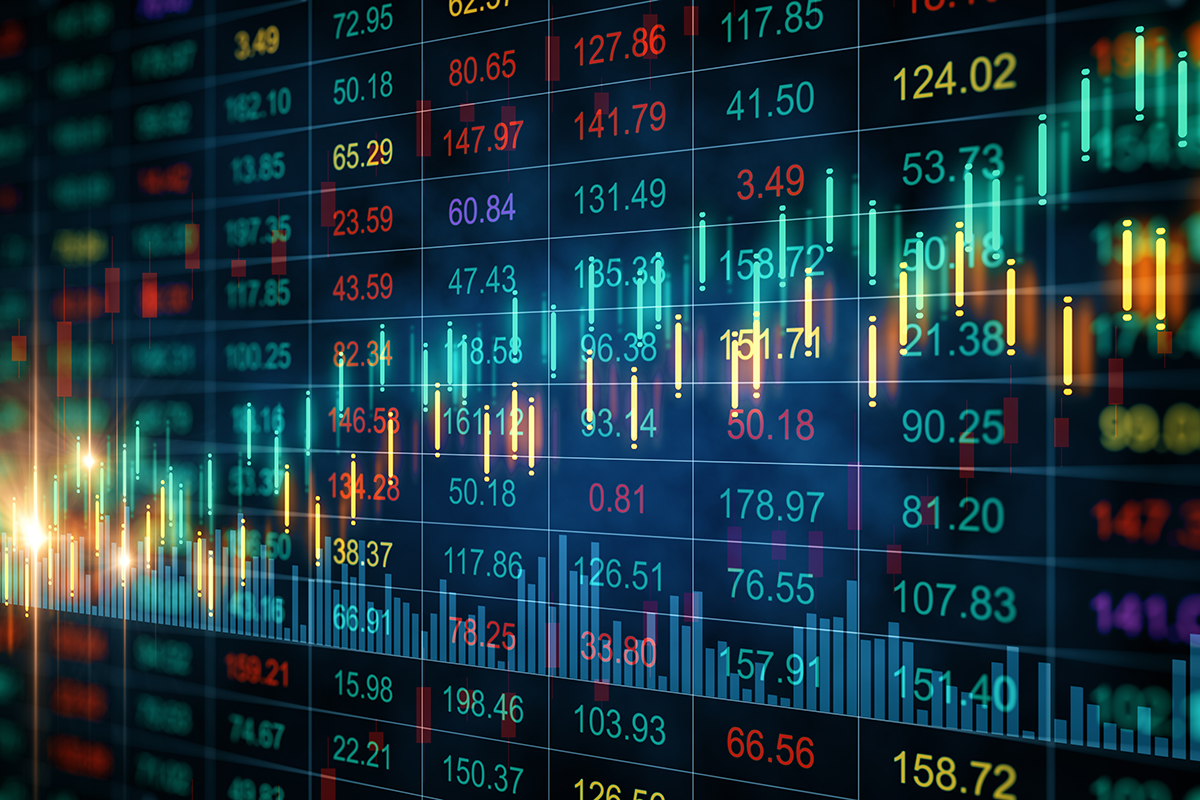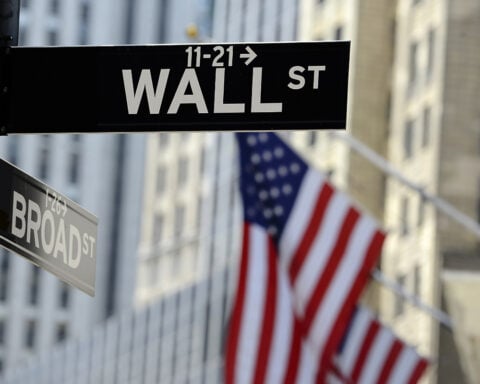Shares advanced as diminished inflation data reinforced Wall Street’s anticipation that the Federal Reserve will refrain from escalating interest rates this week.
The S&P 500 increased by 0.4% in the morning trading session, moving further into territories not visited since April 2022. As of 10 a.m. Eastern time, the Dow Jones Industrial Average was 147 points, or 0.4%, higher at 32,212, while the Nasdaq composite also increased by 0.4%.
The U.S. stock market has been on a winning streak, driven by optimism that the economy can evade a severe recession and that inflation will decrease sufficiently for the Federal Reserve to slow its rate hikes. A report from Tuesday indicated a 4% rise in the prices of food, fuel, and other consumer goods compared to May last year, marking a slowdown from the peak inflation rate of over 9% last summer.
This data has prompted traders to increase their expectations that the Federal Reserve will not adjust interest rates on Wednesday. If this is the case, it will be the first meeting in over a year where interest rates remain steady.
The Fed has already elevated its benchmark short-term rate to its highest since 2007, which has helped to reduce inflation but has also contributed to several U.S. bank failures and a contraction in the manufacturing industry.
Oracle significantly contributed to the S&P 500’s climb after it reported a higher-than-expected profit for the recent quarter. Its shares jumped 3.7% as it announced plans to develop artificial intelligence services for organizations.
Investment in AI has led to substantial gains for a select group of stocks this year, substantially fueling the stock market rally. Nvidia’s stock value increased 1.6% on Tuesday, raising its yearly gain to nearly 175%. This surge has sparked concerns of a potential bubble, although supporters argue that AI is the next transformative wave for the economy.
According to a Bank of America Global Research report, a survey of international fund managers showed that most believe widespread adoption of AI within the next two years will boost profits.
However, the survey also indicated that most fund managers believe the Fed still needs to finish raising interest rates. Many traders anticipate the Fed will recommence its rate hikes in July, even if it refrains this week.
Tuesday’s inflation report demonstrated that not only is overall inflation too high, but underlying prices are as well. The Fed prefers to consider inflation data excluding food, fuel, and housing costs, aiming for a more precise understanding of the trend direction. This “super core” inflation is still above the Fed’s comfort zone.
The fear is that further rate hikes by the Fed will add pressure to the U.S. banking system, which significantly higher rates have already strained. Bank customers are withdrawing their deposits to seek higher returns in money-market funds. Simultaneously, higher rates decrease the value of bonds purchased and other investments made when rates are low.
Confidence in the system has been rocked by three notable U.S. bank failures since March, causing some banks to tighten lending to households and businesses. This puts additional restraints on the economy, increasing the risk of a recession.
Shares in Zions Bancorp fell 2.8% after it appeared to downgrade its prediction for future net interest income from “moderately decreasing” to “decreasing”.
We are just two weeks away from the start of the third quarter. This is significant because many investors started the year with predictions of a recession by the third quarter, yet the job market has remained surprisingly sturdy and supported the economy.
“Today, the recession hasn’t arrived, and we’re seeing the market adjust through the recent rally,” said Alexandra Wilson-Elizondo, deputy chief investment officer of multi-asset solutions at Goldman Sachs Asset Management.
However, she cautioned that the economy isn’t out of the woods yet. “With inflation persistently high, we anticipate the business cycle will ultimately end in recession, as the Fed will need to restrain the labour market significantly to make substantial progress towards their 2% target” on inflation.
In the bond market, yields dropped immediately after the inflation report before bouncing back. The yield on the 10-year Treasury climbed from 3.74% late Monday to 3.77%, influencing the rates for mortgages and other significant loans.
The two-year yield, more sensitive to Fed expectations, rose to 4.59% from 4.58%.
Hong Kong’s Hang Seng grew 0.6% overseas following China’s central bank’s first cut to its one-week lending rate since last summer. This move indicates official concern about China’s economic recovery pace after weakened factory and consumer activity growth.
This support from the world’s second-largest economy boosted crude oil prices, which have been struggling due to worries over decreased demand. A barrel of U.S. crude rose by 3.8% to $69.69; Brent crude, the international standard, gained 3.7% to reach $74.52 per barrel.
Elsewhere in Asia and Europe, stocks were mildly higher. Japan’s Nikkei 225 jumped 1.8%.
Despite the uncertainty and fears surrounding rate hikes, inflation, and potential recessions, the stock market maintains its resilience. Investors are navigating a delicate balancing act as they attempt to seize opportunities in evolving industries, such as AI while managing risks posed by economic variables. As the third quarter looms, it remains to be seen whether the optimism currently buoying the market will be justified or whether more turbulent times lie ahead.







